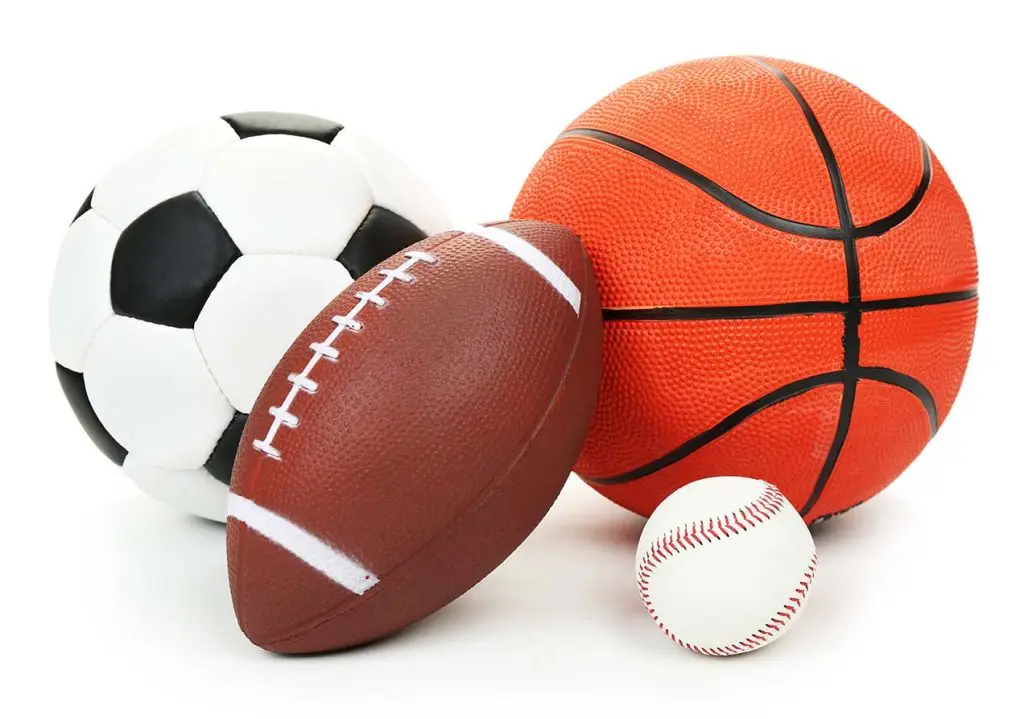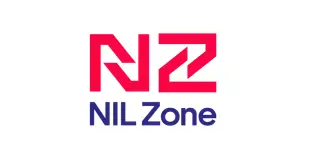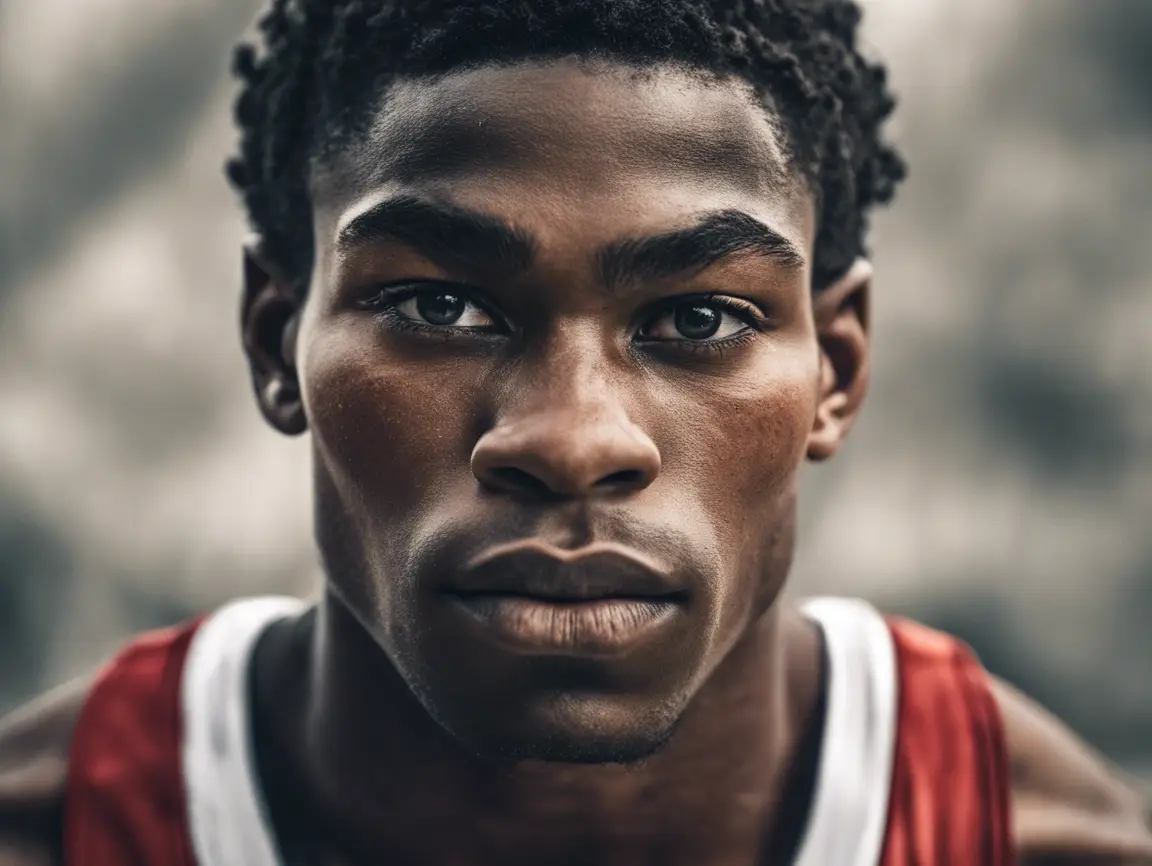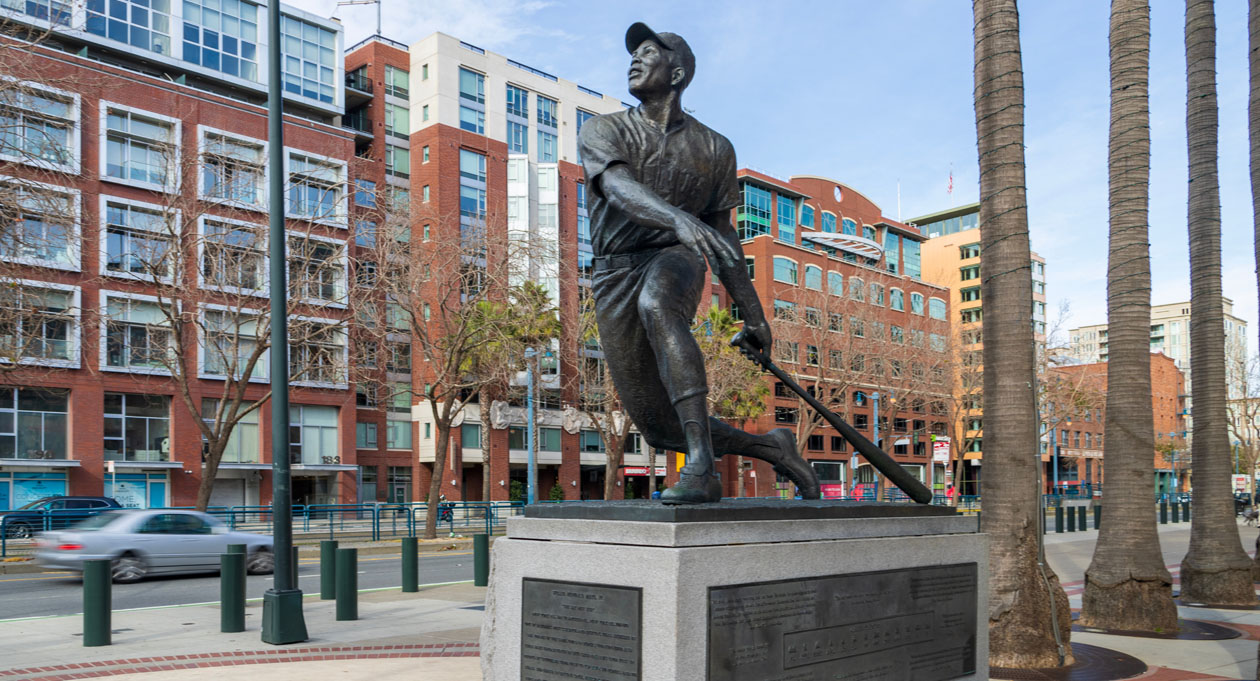By: Douglas DePeppe, Sports-ISAO Co-Founder
Today’s press release from our partner DataVault brings the discussion about college athletics and Name, Image, Likeness (NIL) rights into full focus. Colleges and universities have been evaluating the benefits and costs of setting up a program to ‘tokenize’ certain aspects of their sports-related intellectual property by memorializing these aspects on a blockchain. A University team’s mascot or logo could be tokenized and assigned a value. So, when sponsors or partners want to use that logo or an image of that mascot on their own digital properties (e.g., a website or printed collateral) they can purchase rights to that image and use it according to the terms of a contract. This innovation has been made possible with the use of ‘Smart Contracts’ that were pioneered on the Ethereum blockchain. This concept has rapidly gained worldwide acceptance and is now being deployed on multiple other blockchains like Chia, Cardano and Hedera.
But more importantly for the young athletes, they are now able to issue a claim of right on their NIL as they are entering the high-stakes arena of college sports. For some student athletes that go on to pursue other fields their NIL may yield little monetary value, but it functions as a hedge against future earnings. For other student athletes that can withstand the rigor of their sports discipline and make it into professional sports, they will have already staked a claim to their NIL and will be in a better position for negotiating contracts and sponsorships. The transparency and verifiability of these rights add to the long-term value of staking a claim to one’s own NIL.

It is exciting to see University and College students and student athletes pursue this NFT opportunity with Data Vault Holdings. Smart Contracts, which are embedded into the Web 3.0 architecture at Datavault®, will help address the privacy, brand, and compliance issues which permeate the emerging NIL marketplace. It is important that data governance via smart contracts and other frameworks accompanies the NIL monetization strategy, particularly with university NIL programs which seek to promote their student athletes.



